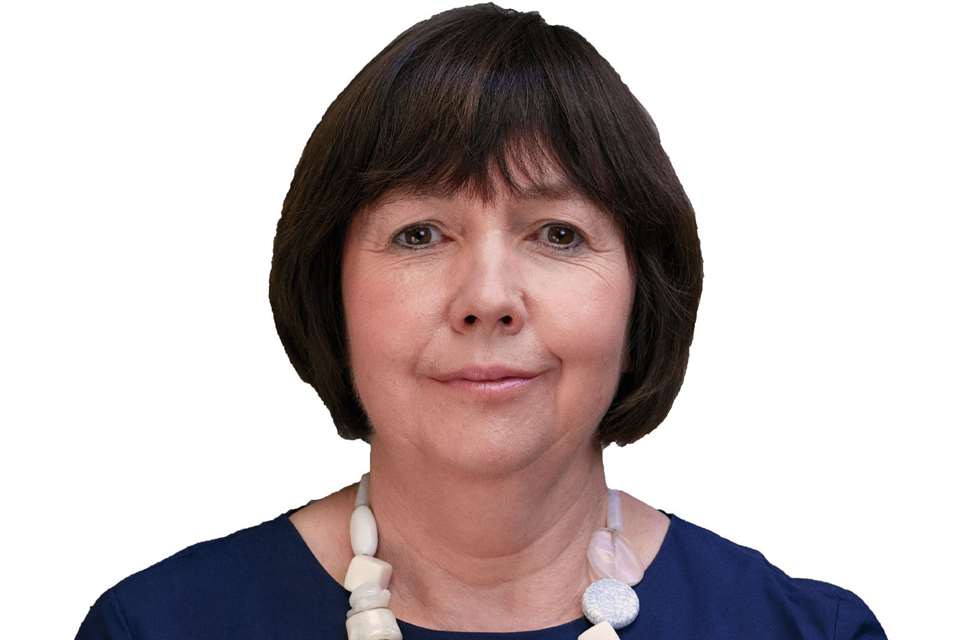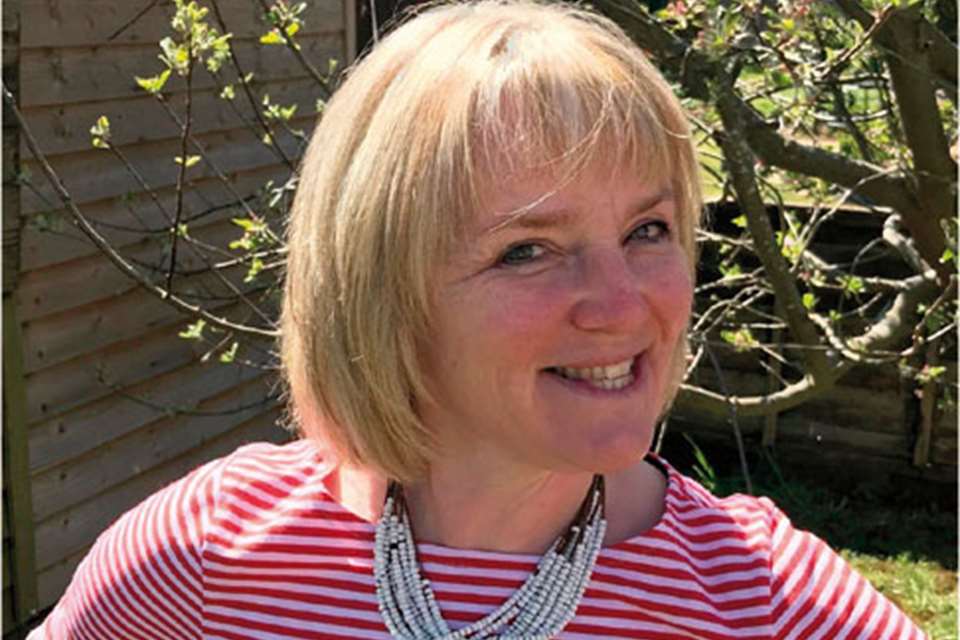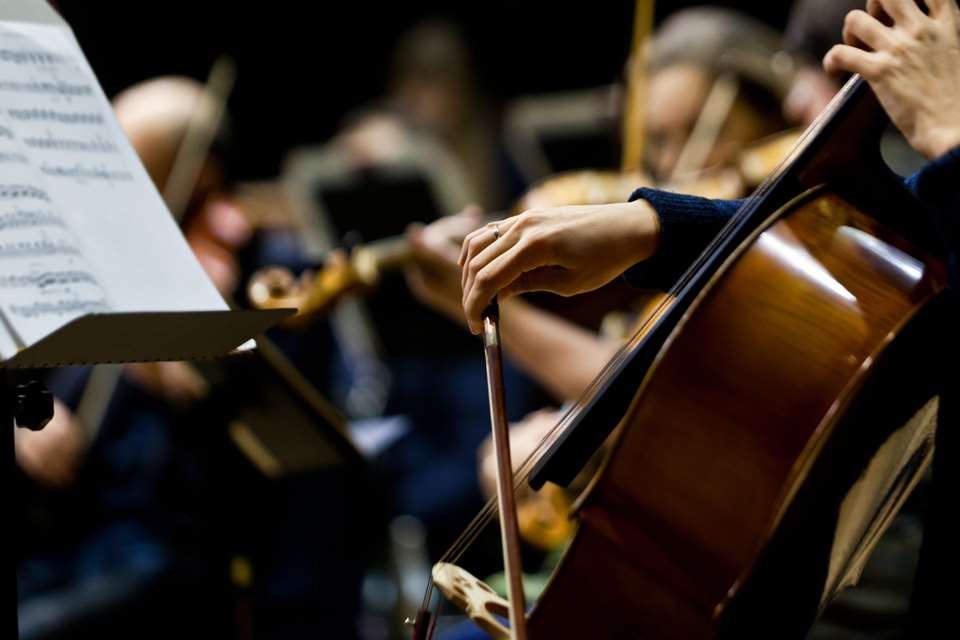Opinion: 'Breaking down economic barriers can lead to uncovering great talent'
Helen Kuby
Monday, August 1, 2022
While students from ‘deprived’ areas face many adversities, they are far from deprived of being full of live, creativity, and musical talent, writes Helen Kuby

Olivia Da Costa
The word ‘deprived’ has been used within music, education, and communities for many decades. But what does this term actually mean and what is its relation to the world of music education? Wider education reports use ‘adverse economic circumstances in a child's family and/or local area’ as a reference. The emphasis on the word ‘economic’ implies that these communities hold as much, if not more, advantages in other areas.
In 2017–18, Knowsley, Tower Hamlets, and Middlesbrough had zero entries for A Level Music. As a horn player who was born and raised in a state school in Middlesbrough, this statistic deeply saddened me but did not surprise me. While I'm using my own experiences here, this is to illustrate the real challenges thousands of children across the UK face as a result of economic adversity within the education system. Through this, I will also highlight the value and importance of supporting and fighting for children across ‘deprived’ areas.
I was extremely fortunate to have the fantastic support of the Tees Valley Music Hub, who nurtured my growth as a musician. The opportunity to play in an orchestra with like-minded people and learn from enthusiastic teachers is a time in my musical life that I will never forget, nor take for granted. This experience was the beginning of my adoration for music, instilling in me a drive to make it a key part of my life.
Eager to take A Level Music, it was the first choice to be written down on my enrolment options. However, I discovered that I had been the only person in a year of nearly 200 to have chosen Music. The school made the decision to drop the A Level, as it wasn't economically viable. Devastated, I ran to my head of sixth form in shock and facing the prospect that I would have to travel to the next state sixth form which offered A Level Music – over an hour's bus journey away from Middlesbrough, every day. Music was such a large part of my life that I felt like my dreams had been trodden on. Thankfully, my head of sixth form convinced the school to revert their decision – an act for which I will be forever grateful.
Eleven years on, I have attended both the Royal College of Music and the Royal Academy of Music receiving an Open Academy Fellowship, teach horn and musician wellbeing at the Junior Royal Academy of Music, work in research at the Royal College of Music and work as the education manager of the Bath Festival Orchestra (BFO). Having faced challenges, the retrospective reflection drives me to engage in outreach work as much as possible to provide students with the opportunities that I was privileged to have. As a child in one of the most ‘deprived’ areas of the country, I would not be where I am today without the accessibility of resources provided and people fighting to allow me to have opportunities within music education – opportunities which thousands of students within similar ‘deprived’ communities currently don't have.
At BFO, we are strong believers that all students should have the opportunity to engage in instrumental learning and musical creation. In breaking down the economic disadvantage, we find creative, passionate, and talented musicians on a weekly basis. For the past couple of years, we have been working with the Bobby Moore Academy in Stratford, London. We created ‘Orchestra Mondays’, where we provide instrumental tuition from the players of BFO, lead small ensembles and play side-by-side within the newly created school orchestra. In one lesson, a student said, ‘People my age who don't like classical music just haven't had the opportunity to explore it. I feel bad for them. It's amazing.’
As part of this Orchestrate project, students explore the BFO's repertoire to form their own creative orchestration and play from arrangements of related repertoire. As a celebration, students recently performed an arrangement of Heitor Villa-Lobos, reflecting the BFO's repertoire, alongside professional players at King's Place. After the concert, one student said, ‘I never would have thought I'd be able to go and see a live orchestra, never mind play with one.’ Three of the students have reported that they now want to go on to study their instrument at a conservatoire, which further highlights the impact that breaking down economic barriers can have.
While students from ‘deprived’ areas face many adversities, they are far from deprived of being full of life, creativity, and musical talent. By breaking down the economic barriers to music education, these students can be allowed the opportunity to flourish.








